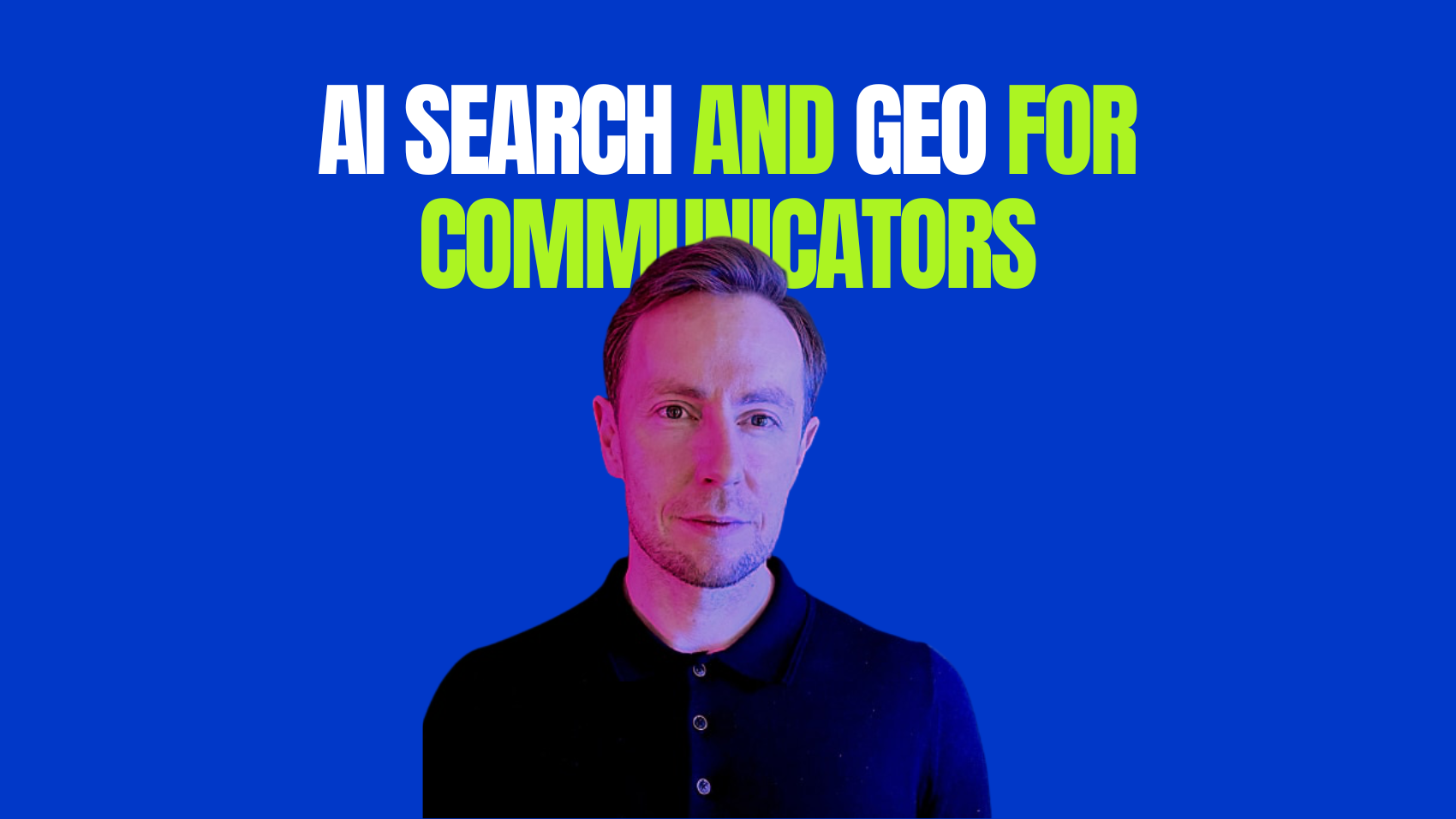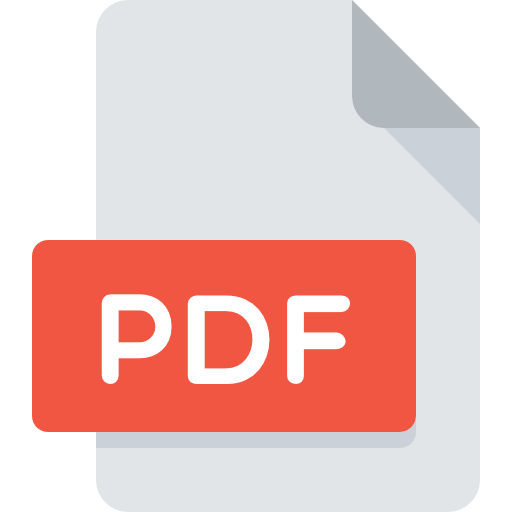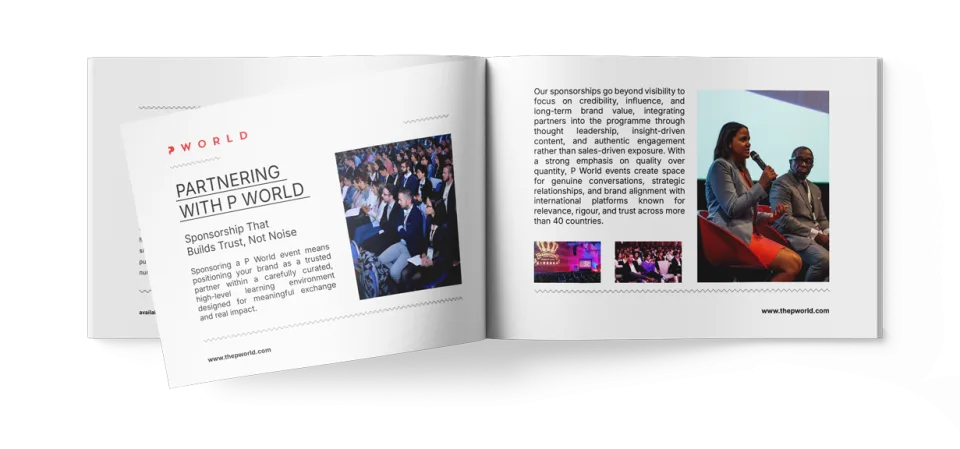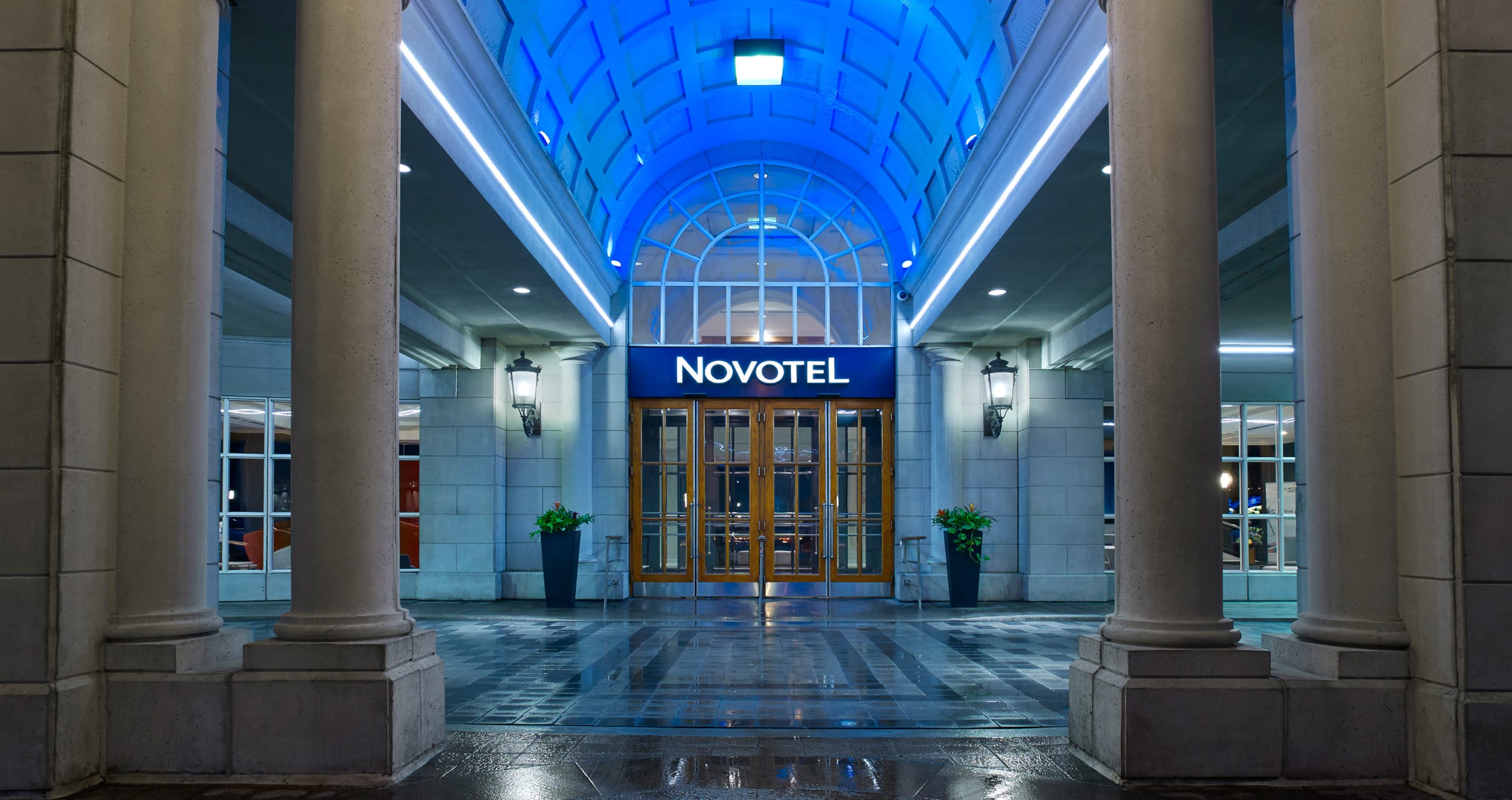

Don’t just manage crises—master them.
After 50+ sold-out editions across North America, the region’s leading crisis communications training is back in Toronto for the first time in five years.
Featuring strategies and case studies from leaders at The Coca-Cola Company, Edelman, FedEx, Toronto Region Board of Trade, Ontario Government, Stanford University, and more, this is your chance to learn directly from the experts who’ve managed crisis and reputation on a global scale.
You’ll gain real-world skills to anticipate threats, lead with clarity, and protect your organization’s reputation in a world defined by polarization, misinformation, and AI-fueled outrage.
PLUS: A Full-Day Workshop with Philippe Borremans: How to Defend Your Organization Against Online Rage, Bot-Fueled Crises, and AI-Driven Manipulation
A dynamic, hands-on workshop equipping you with the tools to detect digital threats before they erupt, counter bot-driven outrage with strategy—not panic—and harness the power of AI to strengthen monitoring, response, and long-term reputational resilience.
Seats are limited to ensure an interactive learning experience.
Many organizations send teams—contact us for group discounts of up to 20%.
Be ready before the next headline hits. Reserve your spot today.
 Brochure download (260 kB)
Brochure download (260 kB)
Trusted by 3,000+ communicators across the U.S. and Canada, with editions in Miami, Los Angeles, New York, Austin, Salt Lake City, Vancouver, Calgary, Toronto, Montreal and Mexico City.
Hosted in Toronto, Montreal, Vancouver, Zurich, Brussels, London, Doha, Dubai, Singapore, and across North America.
Limited to 70 participants to ensure hands-on learning, meaningful discussion, and direct access to experts.
Practical frameworks, tested case studies, and tools built for high-pressure, real-life scenarios.
Author, "Mastering Crisis Communication with ChatGPT: A Practical Guide,"
AI has transformed the pace of communications, accelerating both opportunity and risk. From real-time misinformation to AI-generated content that can amplify crises within minutes, the pressure on communicators has never been greater. Yet the organizations that consistently protect and strengthen their reputation are not those chasing every new tool, but those grounded in strong fundamentals: clear governance, defined decision-making structures, disciplined messaging, and rigorous preparedness. This session explores why reputation strategy, executive alignment, and crisis readiness matter more than ever in an AI-driven environment—and how to build systems that withstand speed, scrutiny, and uncertainty.
Kristen Moss, Former Vice President, Strategic Communications, The Coca-Cola Company
In a world where every statement can be politicized and every silence scrutinized, how can organizations navigate crises without deepening divisions or losing trust? This session will explore how to manage reputational risk during moments of heightened social and political tension. Drawing on real-world examples, you’ll learn how to assess when and how to respond, balance stakeholder expectations, and maintain credibility in polarized environments.
Greg Vanier, SVP, Reputation, Practice Lead, Edelman Canada
In times of crisis, the hardest messages are often the ones that matter most. Whether it’s delivering difficult news to employees, admitting organizational mistakes, or addressing public criticism, transparent communication builds the foundation for long-term trust and credibility. This session explores how to navigate moments when the truth is uncomfortable — and how to communicate it with honesty, empathy, and clarity. You’ll learn strategies for maintaining stakeholder confidence, managing internal alignment, and ensuring that transparency becomes a strength, not a liability.
Jennifer Van Der Valk, Senior Vice President of Communications and Marketing, Toronto Region Board of Trade
In an era defined by political polarization, misinformation, and shrinking public trust, the real work for communicators often begins after the crisis. This session explores how to rebuild credibility and restore confidence once the headlines move on. Through lessons learned from the public sector, we’ll examine how transparency, empathy, and consistent engagement can turn reputational recovery into an opportunity for lasting trust and stronger stakeholder relationships.
Vonny Sweetland, Political Strategist & Communications Expert
In an era of permacrisis—where organizations face constant and overlapping disruptions—the strength of your communications strategy can be the deciding factor between resilience and chaos. Join Luisa Rapport as she reveals actionable strategies to cultivate a culture of readiness that empowers your team in both day-to-day operations and during critical incidents.
You will gain practical insights into embedding preparedness into organizational culture, ensuring your communication team can swiftly and confidently navigate any emergency or crisis. From developing agile response frameworks to fostering a mindset of continuous vigilance, this session will equip you with the tools to lead effectively and build a communication function that thrives under pressure.
Luisa Rapport, Director, Emergency Communications and Media Relations, Stanford University
AI is changing our work faster than most organizations can govern it and that brings the potential for reputational risk. This session examines what happens when the gap between use and governance becomes the crisis; a chatbot invents facts, a deepfake targets your leader, or AI-generated content damages trust. Drawing on new data and real-world cases, you’ll explore how to strengthen credibility, reduce risk and be ready for the ‘when’ in an era where the greatest threat to reputation may come from within your own systems.
Kim Blanchette, Executive Vice President, ChangeMakers and Castlemain Group
In an age where every cultural flashpoint is amplified online, AI is reshaping how crises ignite—and how quickly they escalate. From algorithm-driven outrage to AI-generated narratives that blur fact and fiction, communicators now operate at the volatile intersection of technology and cultural division. This session will explore how AI is transforming the speed, scale, and stakes of crisis communication, unpacking strategies for anticipating flashpoints, countering misinformation, and navigating polarized audiences without losing trust. Participants will leave with a deeper understanding of how to prepare for the next wave of crises where culture wars meet code.
James Anderson, Communications Advisor, Global Media and Issues Management, FedEx Corporation
The rise of deepfakes and AI-fueled disinformation has created a new, high-stakes battleground for communicators. In this session, you’ll explore how these technologies are reshaping crisis response—eroding trust, accelerating misinformation, and challenging traditional playbooks. We’ll examine real-world examples of how disinformation campaigns spread, the risks they pose to organizations and leaders, and the tools available to detect and counter them. Most importantly, you’ll learn how to prepare your team to respond with speed, accuracy, and credibility when the narrative is under attack. This is about more than defending reputation—it’s about protecting truth in an age of manipulation.
Adnan Bashir, Senior Manager, Global Communications and Corporate Affairs Executive/Professional
Whether you're in a highly political environment, running an organization under fire or fighting for Canada's economy at an association amidst economic disruption, the crisis playbook is similar. The war room mentality and approach is a useful model to consider. Shane is a former senior political advisor and veteran of two political war rooms who currently employs this approach at Canada's largest business network, representing all sizes and sectors. When the pressure is mounting, mobilizing all your resources behind your message is often more important than what your message is. Join this session for an inside look at the high-stakes, high-reward reality of applying political war-room tactics to modern economic advocacy and organizational crises.
Shane Mackenzie, Vice President, Media and Stakeholder Communications, Canadian Chamber of Commerce
In a world fractured by political tension, social division, and rising public scrutiny, brands are expected to communicate with precision, courage, and authenticity. This session explores how to lead through backlash, manage cancel culture and boycotts, respond to crises fueled by societal tensions, and rebuild trust when emotions run high. Using real examples of brands that successfully navigated intense public pressure, you’ll learn how values-driven communication can cut through polarization, calm outrage, and restore credibility even in the most divided moments.
Sean Greenwood, Grand Poobah of Public Relations, Ben & Jerry's.
In an era where trust can vanish overnight, communicators must invest in relationships long before a crisis ever appears. This session explores how proactive rapport-building—through authentic storytelling, human-centered communication, and genuine community engagement—creates a foundation of credibility that protects your organization when pressure rises. Learn how to show up early, stay real, and build meaningful connections that earn the goodwill you’ll need in moments of uncertainty.
Barbara M. Agrait, MPA, Head of Global Law Enforcement Engagement, Worldwide Operations Security, Amazon
In today’s hyper-polarized and AI-accelerated world, outrage can be manufactured within minutes. Coordinated networks of bots, fake accounts, and generative AI tools can turn a single post into a full-blown reputational crisis. This practical, hands-on workshop will help you detect online attacks early, use AI to your advantage, and build long-term digital resilience.
You’ll learn how to separate real criticism from AI-generated noise, deploy AI tools to monitor risk signals, protect your team, and maintain public trust in an era where truth itself can be manipulated by algorithms.
Workshop Agenda
Opening Keynote: The Anatomy of Online Rage
How rage farming works, how bot-fueled narratives spread, and what makes organizations vulnerable.
Detecting Bot-Amplified Attacks
How to recognize coordination patterns, monitor engagement spikes, and tell the difference between organic and manufactured outrage.
Building a Truth Bank for Rapid Response
How to create trusted, ready-to-use messages, counter false narratives, and react fast when a storm breaks.
Crisis Response in the First 24 Hours
How to act under pressure, decide when to speak and when to hold, and manage communication with key stakeholders.
Leveraging AI Tools for Crisis Detection and Response
Hands-on demonstration of how communicators can use AI for real-time monitoring, social listening, predictive analysis, and message optimization.
Digital & Physical Security
How to protect your accounts, your data, and your people when online outrage spills into the real world.
Building Long-Term Resilience
How to train teams, build strong networks, and prepare for the next attack before it happens.
Closing & Q&A
Key takeaways, practical next steps, and open discussion.
About Your Workshop Leader Philippe Borremans is a crisis, risk, and emergency communications expert with more than 25 years of international experience. He has advised leading organizations including the World Health Organization, the European Union, and the United Nations, as well as major global brands such as Mastercard and Chanel. His work focuses on epidemic and pandemic preparedness, disinformation defense, and rapid response strategies in high-pressure situations. Philippe has worked across Europe, Africa, Asia, and the Caribbean, supporting governments, corporations, and international institutions. He is also the author of “Mastering Crisis Communication with ChatGPT: A Practical Guide” and a frequent keynote speaker and trainer at global communications events. Philippe is known for his practical, no-nonsense approach and for turning complex digital threats — like bot-amplified outrage and misinformation — into clear, actionable communication strategies. His workshops and trainings help organizations detect, respond to, and build long-term resilience against modern online crises.
At P World, we work with organisations that want to build trust, shape meaningful conversations, and engage senior decision-makers. Our platforms offer credible thought leadership and targeted engagement with highly relevant audiences. If you are looking to elevate your brand through strategic partnerships that deliver real value, we would be glad to explore opportunities together.
Sponsoring a P World event places your brand inside a high-trust environment with influential decision-makers who shape strategy and opinion. Sponsors are positioned as credible partners through meaningful visibility, thought-leadership alignment, and direct engagement, creating lasting brand value beyond the event itself.
 Sponsorhip brochure download (162 kB)
Sponsorhip brochure download (162 kB)

Download our Sponsorship Brochure
Explore all sponsorship packages, benefits, and pricing.
Address: 45 The Esplanade, Toronto, ON M5E 1W2, Canada
Featuring an indoor pool, hot tub and spa, Novotel Toronto Centre is located within a 10-minute walk of Toronto Union Station and Air Canada Centre. Guests can enjoy the on-site restaurant and free WiFi available throughout the property.
Large windows, flat-screen TV with cable channels and a minibar are provided in all rooms of The Novotel Toronto Centre. A coffee maker, work desk and ironing facilities are also included. Select rooms provide a sofa bed and living room. Café Nicole serves international meals in an intimate setting. Cocktails can be enjoyed at the Stage Door Lounge and room service is available at all times. A fitness centre is open to all guests of the Toronto Novotel. Vending machines and laundry facilities are also available. The Toronto Centre Novotel is a 4-minute walk from the Hockey Hall of Fame. The CN Tower is less than 1.5 km away.

This program can also be delivered as a tailored in-house training for your organization. We adapt the content to your industry, objectives, and level of maturity, focusing on real challenges your teams face and the decisions they need to make. In-house formats allow your people to align on a shared approach, work through relevant scenarios, and build skills they can apply immediately.
If you’re exploring an in-house option, tell us a bit about your team, priorities, and timing, and we’ll recommend the right format.
Contact us about in-house training